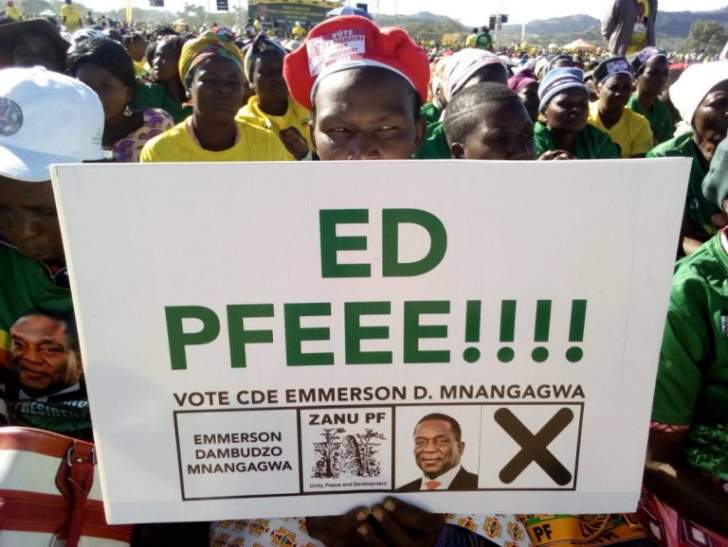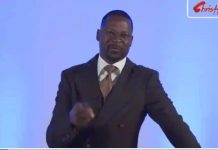It has been nearly two years since ailing President Robert Mugabe was driven from power, but the problems he bequeathed to Zimbabwe over 37 years of autocratic rule and economic mismanagement are proving harder to eradicate.
The United Nations office in Harare this month launched an appeal for more than $300 million in emergency aid to fend off starvation in a country once dubbed “the breadbasket of Africa.”
U.N. Ambassador Bishow Parajuli said the funds were needed to cover the humanitarian needs of 3.7 million people through April.
The struggles of daily life are easy to see. Power is cut for 18 or more hours every day, vehicles line up for miles at dry gas stations, and few goods are stocked on store shelves.
Most of the would-be shoppers have no cash because the state’s Reserve Bank banned the use of American dollars and South African rands, reintroduced a Zimbabwean dollar and then revealed that the government lacks the funds to print the new notes.
Frustration at the dashed hopes for post-Mugabe prosperity is building. The main opposition party, the Movement for Democratic Change (MDC), plans a major march through Harare on Friday to protest the record of President Emmerson Mnangagwa, a onetime ally of Mugabe who emerged as his successor after an army-backed popular uprising in 2017. Mnangagwa won a disputed election last year after promising an era of investment, openness and “good days ahead” for long-suffering Zimbabweans.
MDC leader Nelson Chamisa, who says Mnangagwa has squandered the country’s vast potential, is demanding talks with the government as the economy deteriorates. Fears are mounting that Friday’s demonstrations could become violent.
“The cost of doing nothing far exceeds the cost of doing something,” Chamisa said this week. “We must change our unmerited circumstances and harsh realities of joblessness, hopelessness and poverty.”
As in Cuba and Venezuela, the government blames its problems on “outside forces,” notably the United States, Britain and Australia, all of which have travel bans on key members of the Mnangagwa government. The president insists the pain will bring substantial payoffs in the near future.
“We have made a return back into the international fold after two decades of isolation,” he said in a national address last week. “We are on the right path, and our ambitious vision is within






